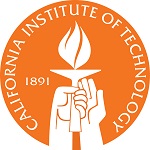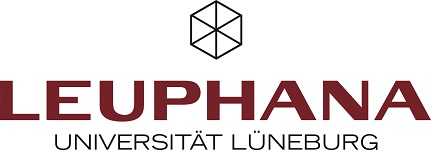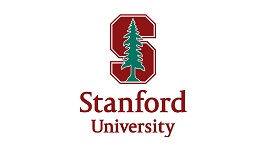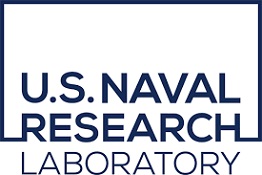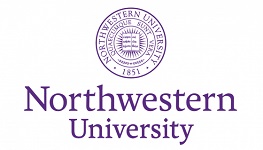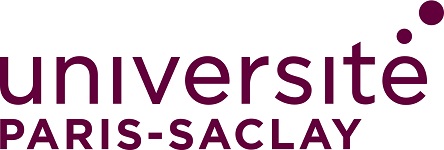About us
Welcome
In their first centuries, scientific and engineering developments were dominated by empirical understanding which encapsulated the first paradigm of scientific discovery. After the Renaissance, the scientific revolution and the development of calculus led to a new scientific viewpoint whereby physical principles, laws of nature, and engineering models were established by proposing new theoretical constructs that could be verified through specific experiments. This was the second paradigm of scientific discovery. More recently, the computational era, or the third paradigm of discovery, has allowed us to solve complex and nonlinear scientific and engineering problems that were beyond our analytically tractable methodologies. Today, there is a new fourth paradigm of discovery, which is a data-driven science and engineering framework whereby complex models and physical laws are directly inferred from data.
Therefore, there is increasing change in the objective of computational algorithms used in simulations. Until now, the purpose was to accurately discretize systems of linear and nonlinear continuum equations derived from physical laws, models, and principles; these equations were inferred from observation on limited experimental data and significantly simplified to make them analytically tractable. Today, the available experimental data and the complexity of equations are no longer a major limitation to the point that we may compute physical processes without resorting to analytical laws, principles, or models; we just need to predict the correct output from the system for a given input even when there is not a well-defined model.
However, for this endeavor, we need new computational algorithms capable of learning the complex behavior of the system and of establishing those governing equations of the system directly from experimental data, with the flexibility of not having to rely on analytical equations. An example is the determination of the nonlinear behavior of solids and fluids under general conditions directly from measured data, without specifying the form of the constitutive relations.
The purpose of this workshop on data-driven mechanics is to bring representative novel state-of-theart contributions in this line.
Topics
- Data science: data reduction, data visualization, data representation, intrinsic dimensionality, completeness, useful versus useless data, metrics, data variability, …
- Manifold learning and nonlinear dimensionality reduction
- Model Order Reduction and metamodeling
- Data clustering and classification
- Advanced machine learning techniques, including deep learning
- Physics-informed and physics-augmented learning
- Digital Twins
- Applications in mechanics:
- data-driven engineered materials & meta-materials
- data-driven constitutive models: databased, manifold-based, physicsinformed, …
- data-driven computational inelasticity, with the issue related to the internal variables discovering and modeling
- data-driven multi-scale bridging and homogenization
- physics-informed mechanics, including thermodynamic informed learning
- hybrid formulations


